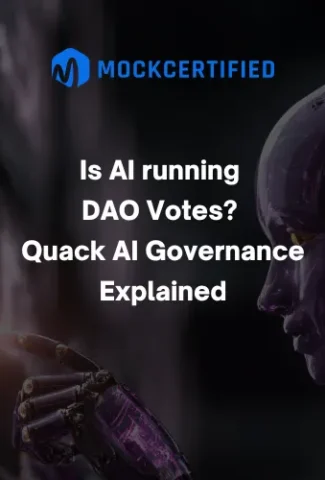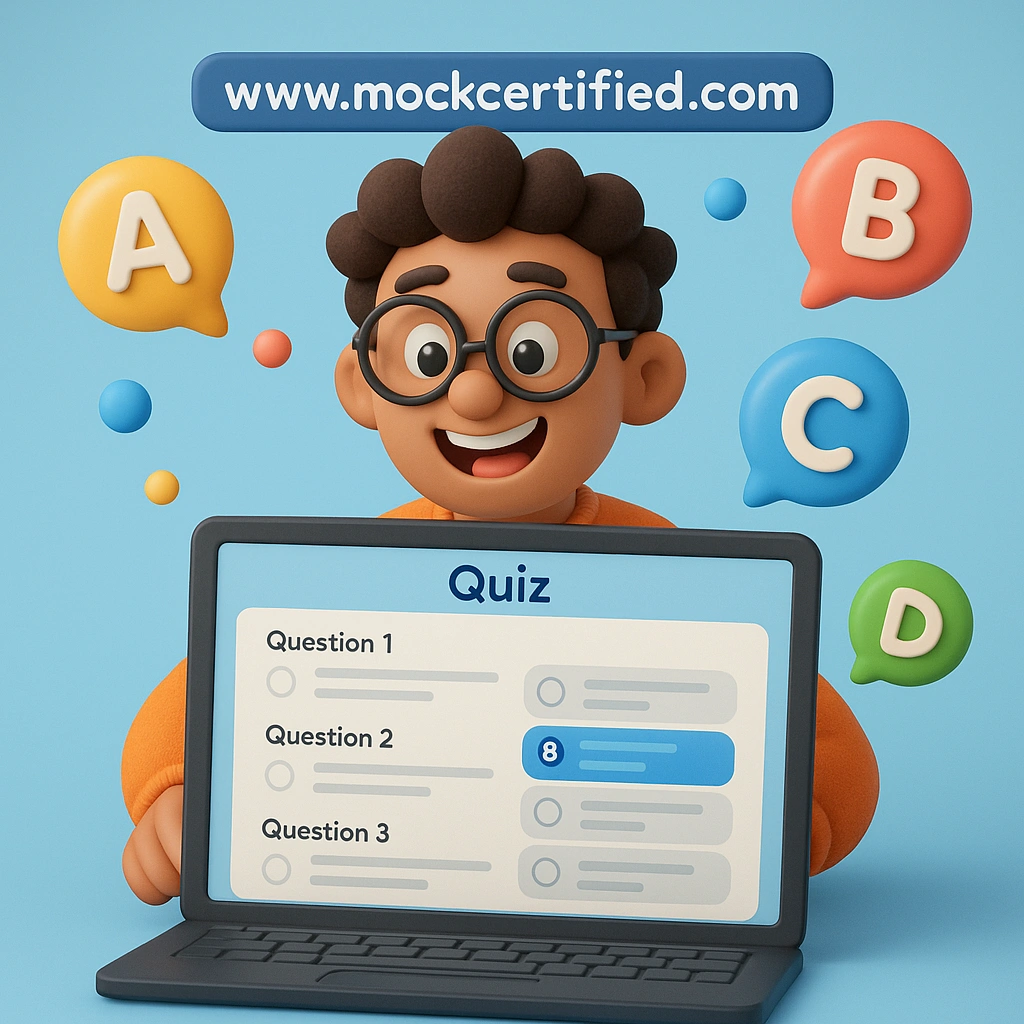
Have you ever wondered what happens when your online community grows so big that making decisions becomes a nightmare? What if there was a smart way to let AI help without taking over completely? And most importantly, could this create new job opportunities for people like you?
These questions are exactly why Quack AI Governance emerged as a game-changing solution for modern digital communities and crypto organizations.
What This Whole Thing Is About
Imagine you’re part of a cryptocurrency project or decentralized autonomous organization (DAO for short). Every week, dozens of proposals pop up. Should we fund this new feature? Should we change how rewards work? Should we partner with that company?
With hundreds or thousands of members voting on complex decisions, things get messy fast. People don’t have time to read everything. Some votes happen when half the community is asleep. Important details get missed. Bad decisions cost everyone money.
Quack AI Governance solves this by putting AI assistants to work as smart helpers. Think of it like having a really good research assistant who never sleeps, reads every proposal carefully, spots problems before they happen, and explains everything in simple terms so everyone can make better choices.
The Birth Story: Why Someone Created This
Back in 2021 and 2022, the crypto world exploded with DAOs managing millions of dollars. Projects like Compound, Maker, and Uniswap had community treasuries worth hundreds of millions. But here’s the problem: governing these communities was incredibly hard.
Members suffered from voting fatigue. Imagine getting 20 complex proposals every week, each requiring hours of research to understand properly. Most people either stopped voting entirely or voted randomly. Some whales (people with lots of tokens) would push through proposals that benefited them but hurt everyone else.
The breaking point came when several DAOs made expensive mistakes. One project accidentally approved a proposal that drained significant funds because nobody caught a critical error in the smart contract code. Another DAO kept rejecting good proposals because members didn’t understand the technical details.
Quack AI Governance was born from this chaos. Developers realized they needed AI that could do the heavy lifting while keeping humans in control. The name “Quack” comes from the idea that good governance should be as natural as ducks swimming in formation – organized, efficient, but with each member still making their own decisions.
And it’s working. According to Business Insider, Quack AI has already crossed 2 million users and raised $3.6M to keep scaling.
How It Actually Works
- Step 1: Someone Submits a Proposal — Sarah wants the DAO to fund her new marketing campaign for $50,000. She writes a proposal explaining her plan, budget, and expected results.
- Step 2: AI Agent Analyzes Everything — The AI checks Sarah’s track record, analyzes similar past campaigns, looks at market conditions, and reviews treasury balance. It then creates a summary with key points, risks, and outcomes.
- Step 3: Community Reviews and Votes — Members get a short digest with a risk score instead of a 10-page proposal.
- Step 4: Smart Execution — If approved, smart contracts automate payments and milestone checks, with everything recorded on-chain.
What Quack AI Governance Can Do
- Risk Detection: Flags suspicious proposals or wallet activity.
- Data Analysis: Processes vast financial and market data.
- Sentiment Tracking: Reads community mood beyond votes.
- Automated Execution: Smart contracts cut delays and errors.
- Transparency: Every step is recorded on-chain.
The Limitations: What It Cannot Do
- Creative Thinking: Struggles with bold, novel ideas.
- Cultural Context: May miss community values or traditions.
- Emotional Intelligence: Can’t fully grasp human dynamics.
- Ethical Judgment: Provides facts, not morality.
- Market Predictions: No AI can guarantee future outcomes.
Challenges and Risks to Watch
- Bias in Training Data: If the AI is trained on limited or skewed data, it might favor certain types of proposals and ignore others.
- Sybil Attacks: Malicious actors could flood the inputs the AI uses, feeding it fake or misleading data that tilts the outcome.
- Over Reliance: Members might stop thinking for themselves and simply rubber stamp whatever the AI suggests. That removes the human judgment that DAOs are built on.
Who Can Use This and How
- DAOs and Crypto Projects:
They can use AI to manage treasuries, check proposals, and fund features with less risk. - Traditional Organizations:
Company boards can use AI reviews to save time and avoid missing key details before big decisions. - Cooperatives:
Member-owned businesses can let AI organize votes fairly, even when members are spread across time zones. - Online Communities:
Groups on Discord, Reddit, or forums can use AI to summarize debates and guide better choices.
Career Opportunities: Your Path Into This Field
- AI Governance Specialist: $70k–$120k
- DAO Operations Manager: $50k–$80k
- Blockchain Governance Analyst: $60k–$100k
- Compliance and Risk Officer: $80k–$150k
- Community Governance Coordinator: $40k–$70k
Level Up Your Knowledge with MockCertified

Practice with AI-generated quizzes with Mockbuddy
Want to break into these careers? Knowledge is key, and that’s where MockCertified.com helps. It lets you type in any topic you want to study and instantly generates multiple-choice questions (MCQs) so you can practice, test yourself, and master concepts faster.
- Custom Study: Type “DAO governance” or “smart contracts” and get instant quiz questions.
- Active Recall: MCQs train your brain to retrieve knowledge quickly, the way real exams and interviews demand.
- Track Weaknesses: Spot what you don’t know before it costs you.
- Career Prep: Use it for certifications, compliance prep, or just deep learning.
Try It Today
👉 Visit MockCertified.com and generate your first AI-powered quiz in seconds.
Your Learning Roadmap
- Months 1–2: Learn the basics
Take free blockchain and DAO intro courses (Coursera, YouTube, Ethereum.org). Learn what tokens, wallets, and smart contracts are. - Months 3–4: Study governance frameworks
Read about AI governance standards like NIST AI Risk Framework and ISO/IEC 42001. Join webinars or podcasts that explain them in simple terms. - Months 5–6: Get hands-on with DAOs
Join a DAO on platforms like Aragon, DAOstack, or Gitcoin. Start by observing, then vote on small proposals to see the process. - Months 7–9: Pick a focus area
Choose compliance, smart contracts, or community management. Take one deeper course or certification that matches your focus. - Months 10–12: Build experience and apply
Volunteer for DAO projects, contribute to governance discussions, or help with proposal reviews. Start applying for internships or entry-level roles in governance or blockchain firms.
Companies Using It Today
- MakerDAO: AI helps digest complex financial proposals.
- Compound: Risk assessment before protocol changes.
- Aragon: Provides governance tools with AI support.
- Gitcoin: AI evaluates grants and community sentiment.
The Future Landscape
The key is balance. AI provides analytical power and efficiency, while humans contribute wisdom, creativity, and ethics.
Quack AI Governance is just the beginning. The question is not whether AI will change how we decide, it is whether you will be ready to help guide that change in positive directions.
FAQ
- What is DAO governance in simple terms?
It is how a group of people who hold tokens make decisions together about money, features, and rules in a project. - Can AI actually vote in DAOs?
No, AI does not hold tokens. AI only gives summaries, insights, and suggestions so humans can vote smarter. - Is Quack AI open-source?
Parts of the system are shared publicly, but the full platform is managed by the team to keep it secure and scalable. - What skills do I need to break into AI governance?
Basics of blockchain, DAO tools, and AI frameworks. Communication and compliance knowledge are a big plus.



